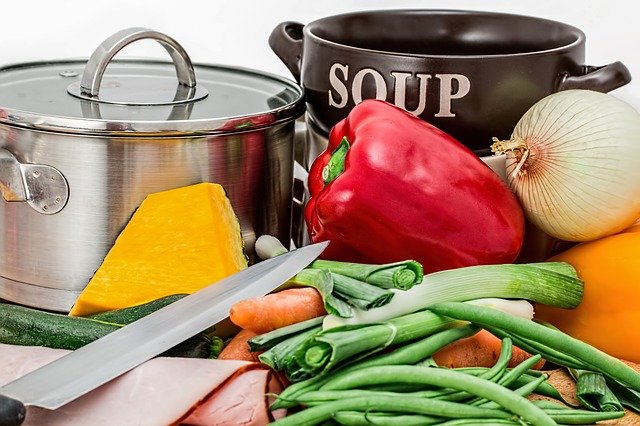Introduction
When it comes to plant-based protein sources, chickpeas are a popular choice for many individuals. Packed with nutrients and versatile in their usage, chickpeas are a staple in various cuisines. If you’re wondering about the protein content in a can of chickpeas, this article will provide you with the information you need.
Protein Content in Chickpeas
Chickpeas are known for their high protein content, making them an excellent choice for vegans, vegetarians, and those looking to increase their protein intake. The protein content in chickpeas can vary depending on factors such as the variety of chickpeas and the processing methods used.
On average, a can of chickpeas, which typically contains around 240 grams of chickpeas, provides approximately 15 grams of protein. This protein content makes chickpeas a valuable source of plant-based protein. However, it’s important to note that the exact protein content may vary slightly between different brands and varieties of chickpeas.
Health Benefits of Protein in Chickpeas
Protein is an essential macronutrient that plays a crucial role in various bodily functions. Incorporating protein-rich foods like chickpeas into your diet can offer several health benefits:
1. Muscle Development and Repair: Protein is essential for building and repairing muscles. Consuming an adequate amount of protein can support muscle growth and recovery, especially for individuals who engage in regular physical activity or exercise.
2. Satiety and Weight Management: Protein has been shown to promote feelings of fullness and reduce appetite, which can aid in weight management. Including protein-rich foods like chickpeas in your meals can help you feel satisfied for longer periods, potentially reducing the overall calorie intake.
3. Blood Sugar Control: Protein can help regulate blood sugar levels by slowing down the digestion and absorption of carbohydrates. This can be particularly beneficial for individuals with diabetes or those at risk of developing the condition.
4. Nutrient Profile: Chickpeas are not only a good source of protein but also contain other essential nutrients such as fiber, vitamins, and minerals. These nutrients contribute to overall health and well-being.
Incorporating Chickpeas into Your Diet
Chickpeas are incredibly versatile and can be incorporated into a wide range of dishes. Here are a few ideas to include chickpeas in your diet:
1. Hummus: Blend chickpeas with tahini, garlic, lemon juice, and olive oil to create a delicious and nutritious dip.
2. Salads: Add chickpeas to your salads for an extra protein boost. They pair well with fresh vegetables, greens, and dressings.
3. Curries and Stews: Use chickpeas as a protein source in curries, stews, or soups. They absorb flavors well and add a hearty texture to the dish.
4. Roasted Snack: Toss chickpeas with olive oil and spices of your choice, then roast them in the oven for a crunchy and protein-packed snack.
Conclusion
A can of chickpeas typically contains around 15 grams of protein, making them a valuable plant-based protein source. Incorporating chickpeas into your diet can provide various health benefits, including muscle development, satiety, blood sugar control, and a nutrient-rich profile. With their versatility, chickpeas can be enjoyed in a variety of dishes, allowing you to reap the benefits of their protein content.
References
– Mayo Clinic: mayoclinic.org
– Healthline: healthline.com
– USDA FoodData Central: fdc.nal.usda.gov












